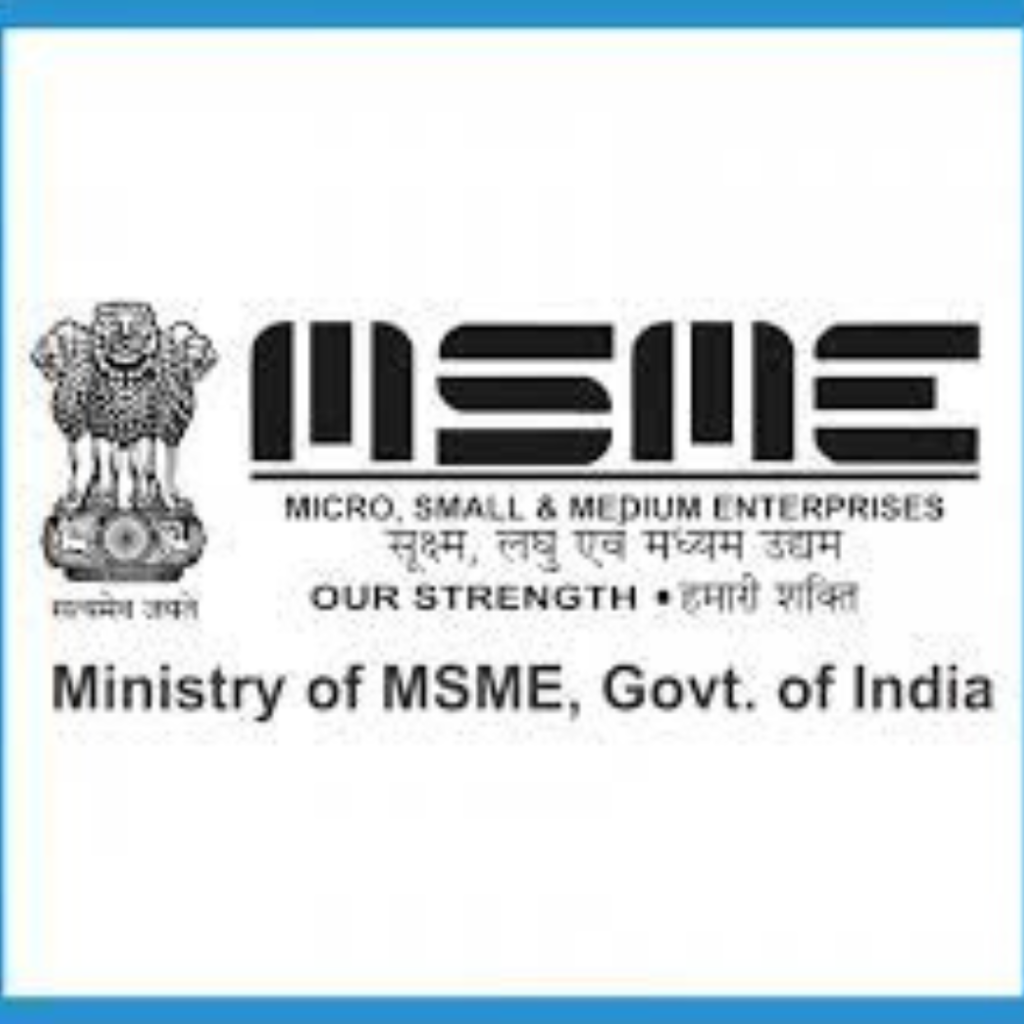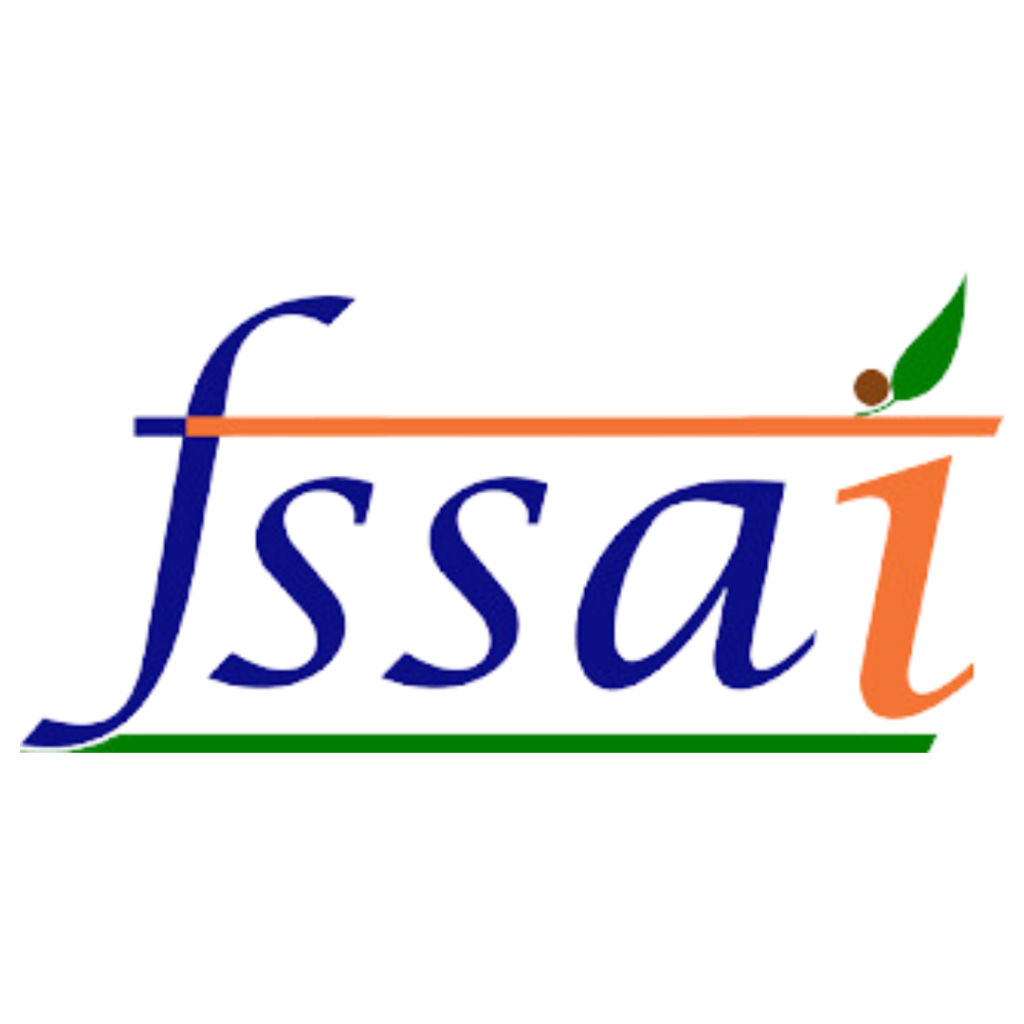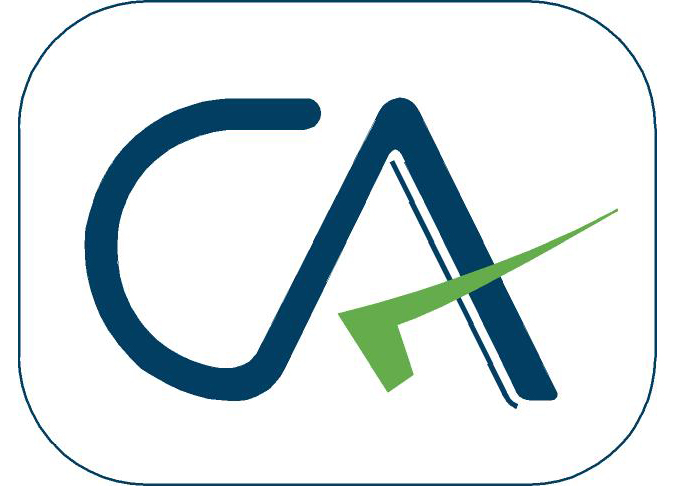Registrations
MSME
The MSME Act regulates Medium, Small, and Micro Enterprises, or MSMEs. MSMEs are regarded as the foundation of our economy since when this sector expands, the entire economy of the nation does as well. As a result, the government has taken a number of actions to address the financing and cash flow issues the MSME sector is currently experiencing. Due to the government’s “Make in India” policy, the MSME sector is responsible for the creation of about 11 crore employment nationwide and contributes 29% of India’s GDP.


IEC
Import and Export Code is referred to as IEC. It is a 10-digit number that is valid for all time. The Directorate General of Foreign Trade (DGFT), a division of the Ministry of Commerce and Industry, issues the IEC certificate. Without first registering for the IEC certificate, one cannot import. Even exporters must have the IEC certificate in order to benefit from customs, export promotion, and DGFT incentives.
India’s export and import industries have expanded significantly in recent years. While international firms like Google, Amazon, Emirates, etc. are entering the Indian market, Indian enterprises are striving to diversify from local to international markets. An IEC certificate is needed by the importer in order to pay the foreign party and clear his shipment through customs. Exporters use the IEC code to export goods abroad and get payments from their international customers.
Startup
The proprietor must acquire PAN and Aadhar in order to operate a proprietorship firm in India. The business owner must register for UDYAM, GST, and open a bank current account. The owner may additionally need to register under the Shops & Establishment Act in several states.
Depending on the business, the state, and the local rules, extra licenses and permits can be necessary in addition to the aforementioned fundamental needs.


Trademark
To safeguard distinctive trademarks, catchphrases, or coined concepts, trademark registrations are frequently employed. In India, trademark registration applications can be filed by individuals, businesses, and nonprofit organizations. However, there are specific standards for each category of person or company when it comes to submitting a trademark application. The following items are eligible for trademark registration in India.
FSSAI
Unless the FBO is covered by compulsory licensing, small food makers or the FBO with a revenue of less than Rs. 12 lakhs must register with the FSSAI.
A hawker, small retailer, itinerant vendor, temporary stall-holder, or small-scale company connected to the food business that meets certain requirements must get an FSSAI registration certificate.

